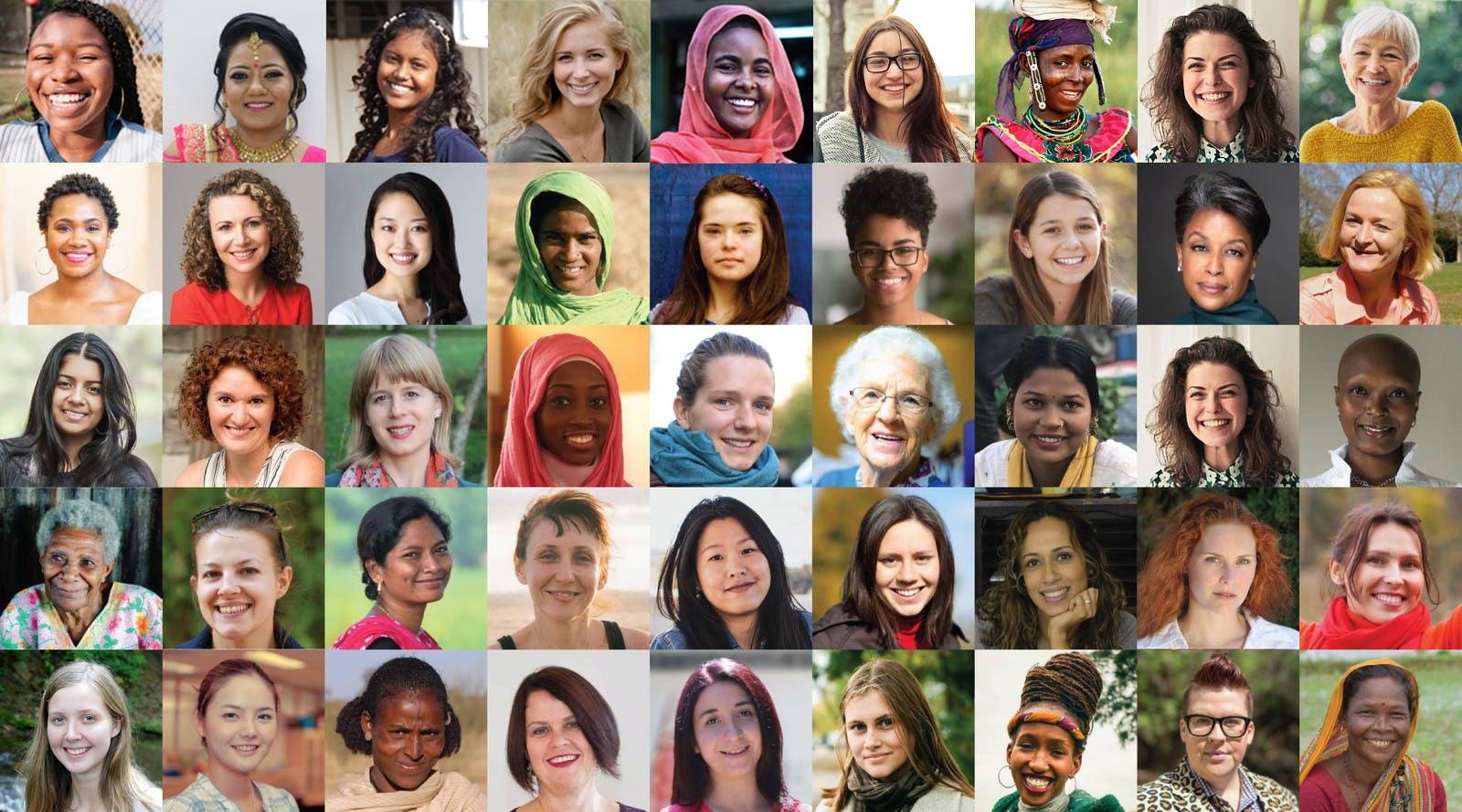Anti-Poaching Women Warriors Protecting Threatened Wildlife in Zimbabwe
The International Anti-Poaching Fund (IAPF) works in Africa's Sebungwe and Mid-Lower Zambezi regions of Zimbabwe and adjoining nations. According to the Great Elephant Census (GEC), Sebungwe has lost 75% of its elephant population since 2001. The Mid-Lower Zambezi has lost 40%.

Akashinga female anti-poaching rangers. Image credit: Courtesy of Kim Butts
These areas were once former trophy hunting hotspots and have been acquired by the IAPF in partnership with surrounding communities. The land is 100% owned by these communities. The IAPF helps provide employment, protection to these areas, commercial income streams, local clinics, food and nutrition programs, access to clean water, education, and community infrastructure development. Locals are empowered by reconnecting vast sections of the Zambezi Valley and reopening wildlife corridors.
In addition to aiding the local community, this project aims to reduce poaching and animal trafficking across the protection zones, increase poaching arrests and convictions, and grow operations while maintaining organizational stability. The targets for this project are 500 poaching arrests, a conviction rate goal of 91%, additional expansions to protected and patrolled areas, and to increase the number of school children supported with a goal of 240 learners for 2022-2023.
To accomplish these objectives, the IAPF works with Akashinga, an all-female anti-poaching group in Zimbabwe. Meaning ‘The Brave Ones’ in the local Shona dialect, Akashinga is an innovative approach to preserving nature, channeling large portions of conservation budgets into rural community development through the predominant employment and empowerment of women as rangers and scouts.

Akashinga female anti-poaching rangers. Image credit: Courtesy of Kim Butts
Locally recruited, these women are survivors of severe sexual assault, domestic violence, abandoned wives, and HIV orphans. Akashinga has gained traction within Indigenous leadership circles and spread across the region. In four years, it has grown to 240 staff, helped drive an 80% downturn in elephant poaching across the area, and supported an almost 400% increase in wildlife populations.
Furthermore, Akashinga rangers, investigations teams, and local agencies have made 896 arrests in 493 separate operations for a total of 570 wildlife offenses. Patrols and arrests have continued to gain momentum, with an overall conviction rate of 84.5% between 2018 and 2021.

Akashinga rangers. Image credit: Courtesy of Adrian Steirn
Secondary outcomes of the Akashinga include women learning to drive, going back to school, attending college, regaining custody of children from abusive former husbands, and purchasing property. These are not common opportunities for women in rural Africa. Local police chiefs have also reported a 60% reduction in domestic violence and rape. This is attributed to Akashinga’s positive influence in communities and the impact of women in law enforcement and key decision-making roles.
The IAPF and Akashingas hope to continue expanding across the Zambezi Valley. This expansion over the coming years involves taking on more long-term land leases in the landscape in partnership with local communities and local government. Conservation at a local level, rather than federal, remains part of their strategy to ensure resources and benefits are retained by those communities that live directly alongside the wilderness areas protected and that local women are empowered.
Support women-led projects protecting the Earth.

.jpg?auto=compress%2Cformat)
